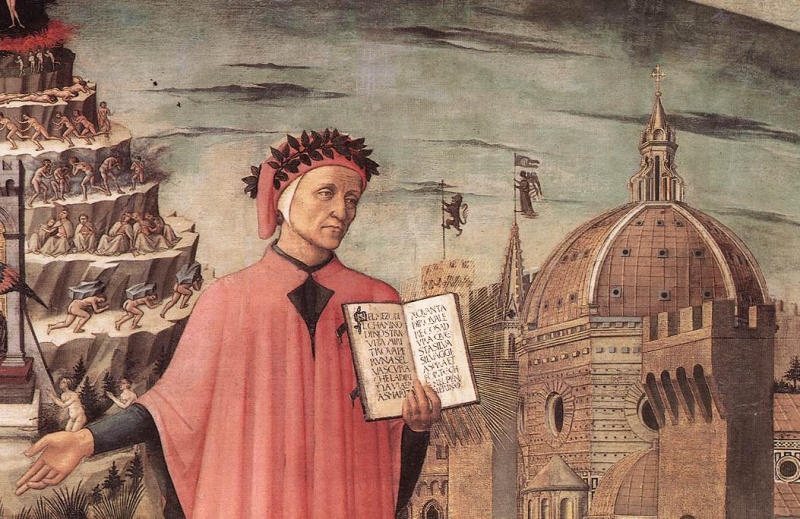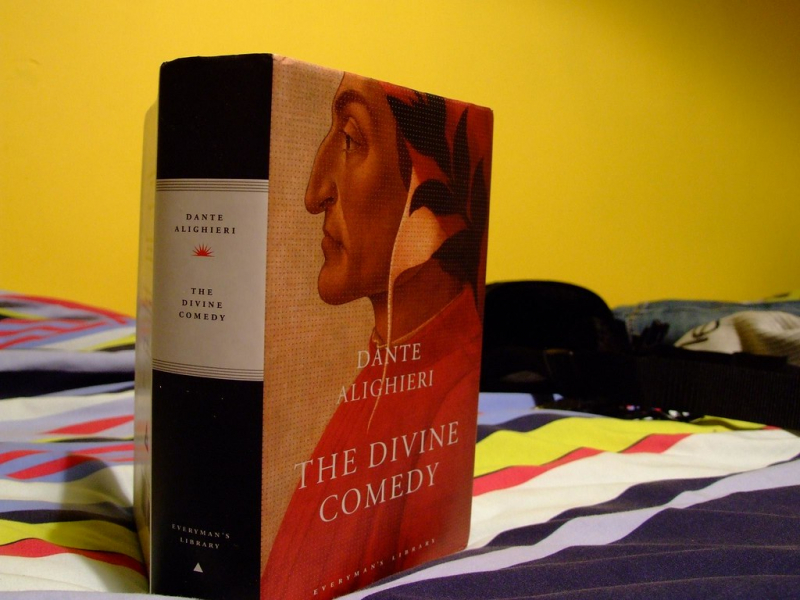William Shakespeare wasn’t the first person to write about the Montagues and the Capulets.
Long before William Shakespeare penned the iconic tale of Romeo and Juliet, the feuding Montagues and Capulets were already entrenched in literary history. In his epic poem "Divine Comedy," Dante Alighieri crafted a vivid portrayal of these families over 250 years before Shakespeare's birth.
In the intricate verses of the "Divine Comedy," Dante invites readers to witness the strife of the Montagues and Capulets alongside the Monaldi and Filippeschi. "Come and see, you who are negligent, / Montagues and Capulets, Monaldi and Filippeschi: / One lot already grieving, the other in fear," he declares, providing a captivating preview of the familial drama that would later captivate Shakespeare's audience.
Dante's poetic insight extends beyond fiction, hinting at the existence of these warring Italian families in medieval Italy. While the surnames may vary in spelling, the essence of their conflicts echoes through history, setting the stage for Shakespeare's timeless narrative.
Dante's foresight, expressed in the "Divine Comedy," establishes a unique connection between two literary giants separated by centuries. Dante's reference adds depth to the narrative, reminding us that the threads of love and conflict endure, weaving a timeless story that resonates with audiences across generations.












